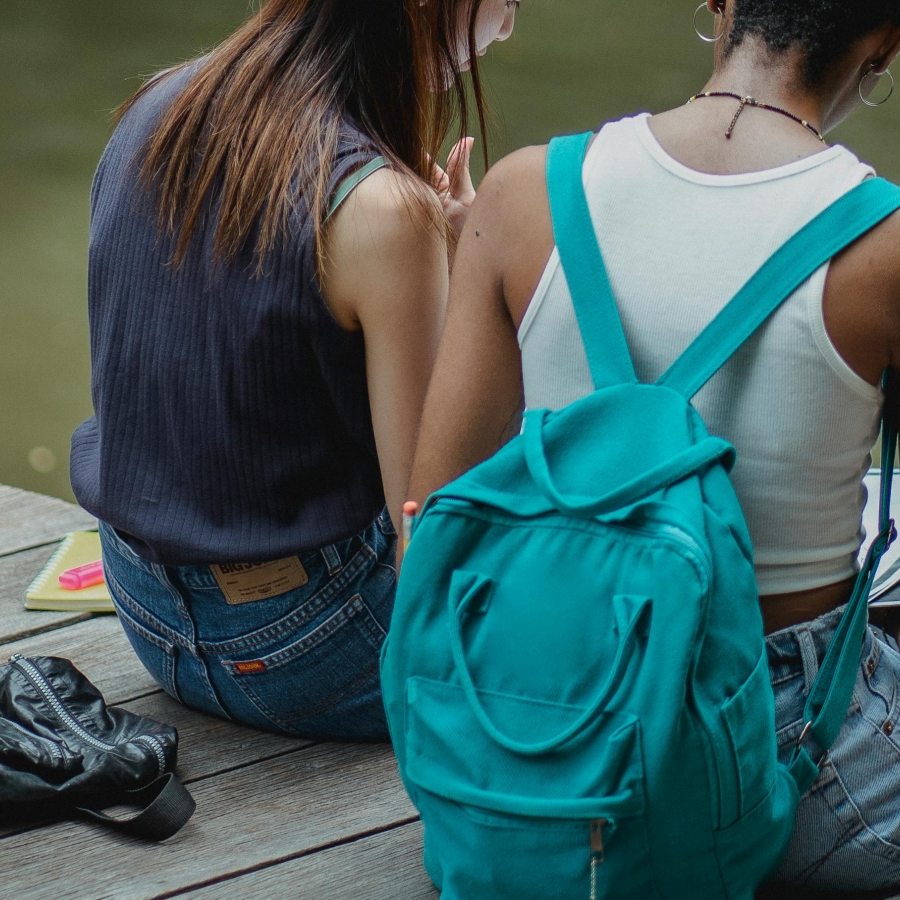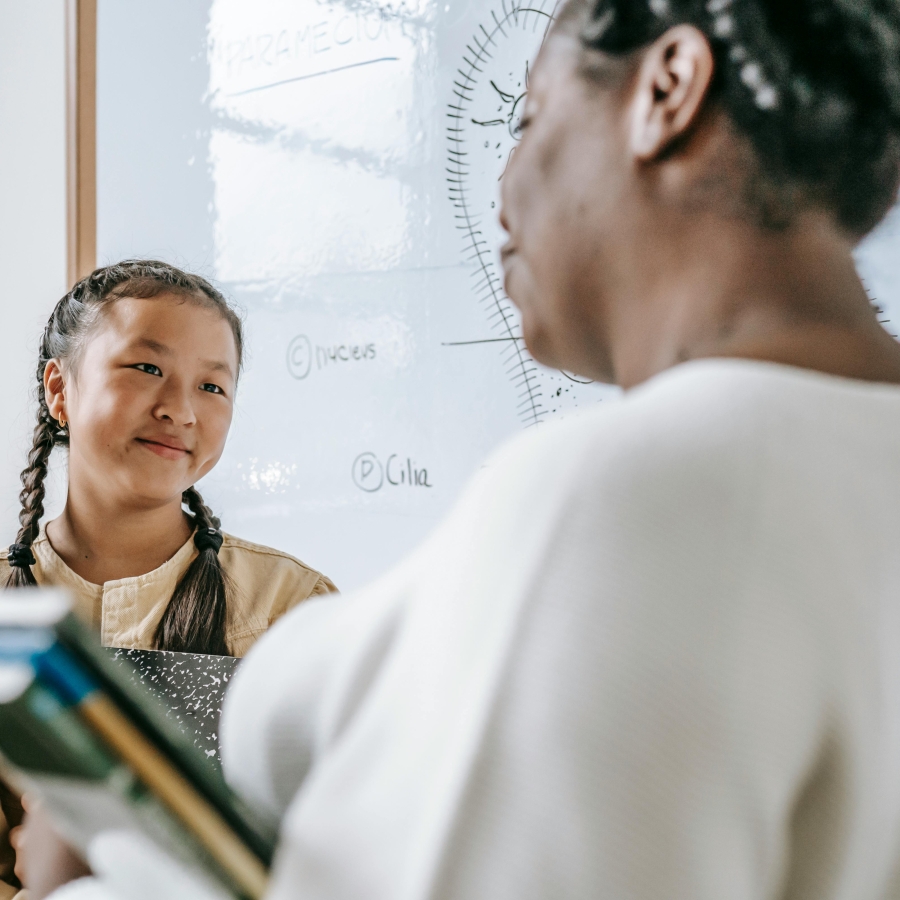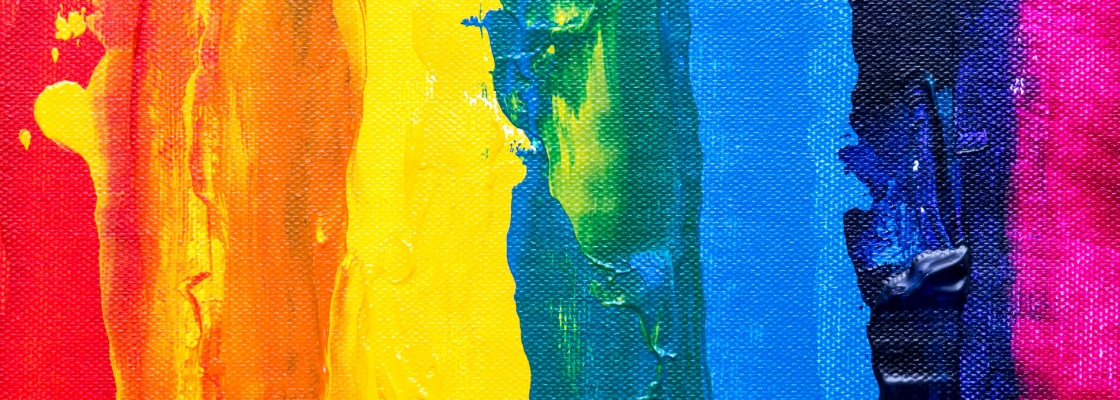
Mission Statement
The mission is to foster respect and civility among member schools, athletic administrators, coaches and student-athletes by promoting awareness, and acceptance.
The focus is to celebrate all differences by creating associations that are welcoming and engaging for all.
Goal
- To promote respect and encourage participation, interaction, civility and understanding in our ever-evolving society.
- To make leadership roles within the MSAA/MIAA accessible to all administrators, athletic directors, coaches, and students, including those who are racially, ethnically, culturally diverse, women, members of the LGBTQIA+ community, and persons with disabilities.
- To challenge the members of the association to leverage differences as strengths.
- To promote partnerships in creating and implementing strategies that will enhance the mission of awareness and acceptance.
- Provide professional learning programming and resources that schools can access and utilize to help create a welcoming space for students in their schools and communities.
Programs
The MSAA/MIAA host two annual events for students and school personnel.

Student Summit
The initial summit was hosted in January 2018 and reached more than 125 middle and high school students. Since that time, the program has grown to host over 300 student and adult attendees from across the state.
- 9th Annual: January 23, 2026 Program
- 8th Annual: January 17, 2025 Program
- 7th Annual: January 19, 2024 Program
- 6th Annual: January 20, 2023 Program
- 5th Annual: January 21, 2022 Program
- 4th Annual: January 19-21, 2021 Program
- 3rd Annual: January 13, 2020 Program / Video
- 2nd Annual: December 14, 2018 Program / Video
- Inaugural: January 18, 2018 Program

Adult Symposium
The first symposium was hosted in May 2017, and reached more than 80 school administrators, athletic directors, teachers, coaches and school personnel. Since that time, the program has continued to grow in size and is conducted annually for school staff members.
